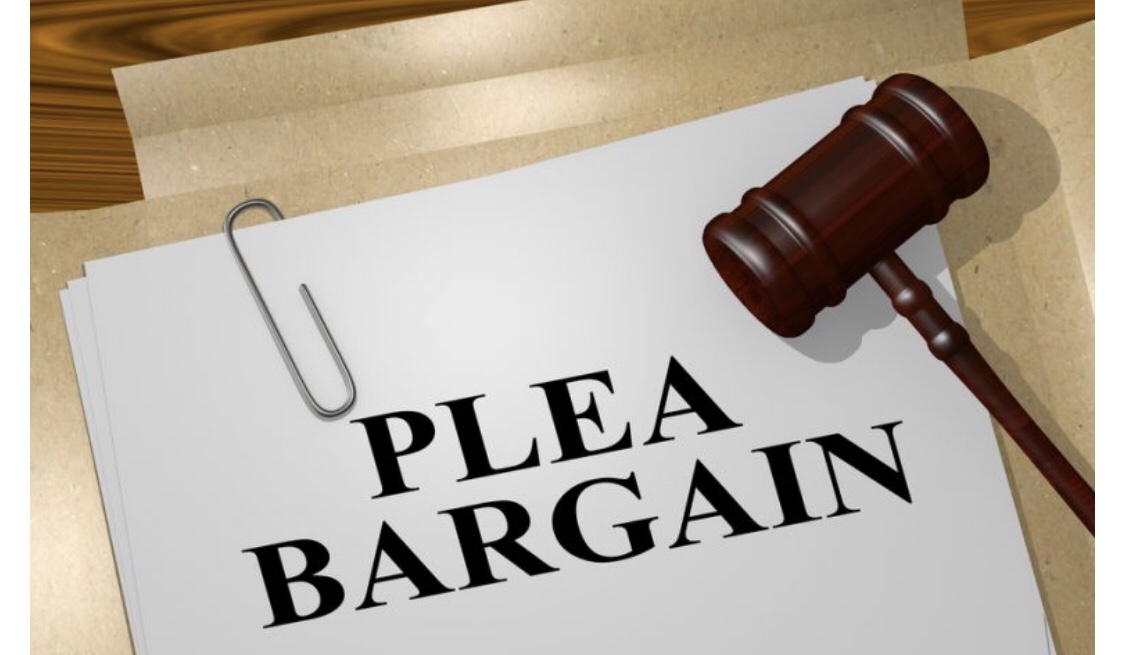Nigeria, like many other countries across the globe, struggles with the challenge of combating the unnerving impact of corruption within its political, social, and economic scene. While various governments and administrations have tried to implement several measures to tackle this pervasive issue, the plea bargain system in Nigeria has emerged as a contentious practice that raises concerns regarding its effectiveness in fighting the persistent rise of corrupt practices in the public service.
The plea bargain system in Nigeria is primarily governed by the Administration of Criminal Justice Act (ACJA) of 2015. The Act was enacted to enhance transparency, efficiency, and fairness in the criminal justice system. According to Section 270, subsection 1 (a) and (b) of the Act, prosecutors of any crime may receive from or issue a plea bargain to a defendant charged with a crime at any point within a litigation process but before a verdict is made by the judge. This section further iterates the specific conditions under which a plea bargain can be entered. These conditions include the consent of the court, the voluntary nature of the plea between both plaintiff and defendant and the requirement for the plea to be entered in open court.
In addition to these, the ACJA establishes the National Committee on Plea Bargaining, which is responsible for overseeing the implementation and regulation of the plea bargain process in Nigeria. The committee is tasked with developing guidelines and ensuring the uniform application of plea bargain provisions across the country.
It is important to note that while the ACJA legalises and regulates plea bargains, the constitutionality of plea bargaining is derived from the Constitution of Nigeria, which guarantees the right to a fair trial. Plea bargains are seen as an avenue to promote efficiency in the criminal justice system, encourage cooperation, and expedite the resolution of cases.
However, while the intent of the Act is very well-intentioned, especially for common Nigerians, as a matter of principle, we can argue that so far, the applications of this by politicians have been abused. It can be argued that the plea bargain system in Nigeria goes against the tenets of anti-corruption efforts that the government is fighting so painstakingly hard to combat.
As a country that has been eaten raw by corruption in its public office systems, one of the primary objectives of an anticorruption fight is to deter individuals from engaging in all forms of practices that do not serve the interest of the state or the citizens.
The government, through the history of its democracy since 1999, has managed to do this by setting up antigraft agencies like the Economic and Financial Crimes Commission (EFCC), the Independent Corrupt Practices and Other Related Offences Commission (ICPC), among others. These agencies have worked to ensure that crimes are reduced in our public services sadly, plea bargains often lead to reduced sentences or minimal consequences for corrupt individuals, thereby undermining the deterrence function.
A notable example is the case of Chief James Onanefe Ibori, the former governor of Delta State, who pleaded guilty to money laundering charges in the United Kingdom. Despite his colossal corruption activities, Ibori’s plea bargain led to a significantly reduced sentence, which sent a discouraging message to others involved in corruption.
Shortly after the Ibori case, Jolly Nyame, a former governor of Taraba State, was convicted of corruption charges in 2018. He was found guilty of embezzling state funds during his tenure. Nyame initially pleaded not guilty but later entered into a plea bargain with the EFCC. He agreed to return a portion of the funds and received a reduced sentence as a result.
To even make matters worse, most times, after a plea deal is negotiated, and perhaps prison time is agreed upon, the government goes ahead to issue pardons, thereby making the culprit avoid any repercussions altogether.
With the manner in which the plea bargain is being applied to politicians, the plea bargain system in Nigeria has been criticised for fostering a sense of impunity and eroding public trust.
Corrupt public officeholders who engage in plea bargains are always and often bound to escape full accountability for their actions, allowing them to retain illicitly acquired wealth and influence.
Recovering stolen assets is a crucial aspect of any effective anticorruption strategy. However, the plea bargain system in Nigeria often fails to ensure the full restitution of ill-gotten gains. The case of Cecilia Ibru, the former Managing Director of Oceanic Bank, exemplifies this issue.
Despite admitting to misappropriating billions of naira, Ibru’s plea bargain only required her to forfeit a fraction of her illegally acquired assets. This highlights the shortcomings of the plea bargain system in effectively recovering stolen funds and deterring future corrupt activities.
Although the Tinubu administration did not run on an anticorruption mantra, it started on the right foot. The suspension and probing of the CBN governor and the EFCC chairman are steps in the right direction to purge the system of corruption.
One way that the government can address this is to amend the ACJA law so that all public officeholders cannot enter into a plea bargain with the government or its agencies in matters of misappropriation of public funds or resources.
Since the Code of Conduct Bureau (CCB)u is mandated with the responsibility of documenting the assets of public office holders before and after their tenures in office, it is imperative that sister antigraft agencies are privy to this information to ensure that proper financial audit of public office holders can be carried out.
While Section 153 provides for the establishment and composition of CCB, Part I of the 1999 Constitution of the Federal Republic of Nigeria specifically, Section 11 of the Fifth Schedule outlines the requirement for the declaration of assets. This section can also be amended to ensure that all assets declared MUST be made public for proper record keeping and to avoid distortion in the future. It also allows for third-party verification of the assets of individuals.
While the plea bargain system may have been introduced with the intention of expediting judicial processes and encouraging cooperation, its implementation in Nigeria has raised significant concerns regarding its compatibility with the tenets of anti-corruption efforts.
Inadequate deterrence, impunity, and limited recovery of stolen assets are among the key issues associated with plea bargains in Nigeria. Addressing these concerns is vital to strengthen Nigeria’s anticorruption fight and restore public confidence in the justice system. Reforms that prioritize accountability, transparency, and equal treatment under the law are essential for combating corruption effectively in Nigeria.
Suleiman wrote from Abuja




